Classical composers who lived like rock stars
When we think of rock stars, we often imagine wild lifestyles, groundbreaking music, and larger-than-life personas. However, long before electric guitars and neon lights, classical composers were living their own rock star fantasies. These musical maestros were the original rebels, pushing the boundaries of their art while leading lives that were anything but ordinary. Let’s dive into the fascinating world of classical composers who lived like the rock stars of their time.
Ludwig van Beethoven: The Eccentric Genius
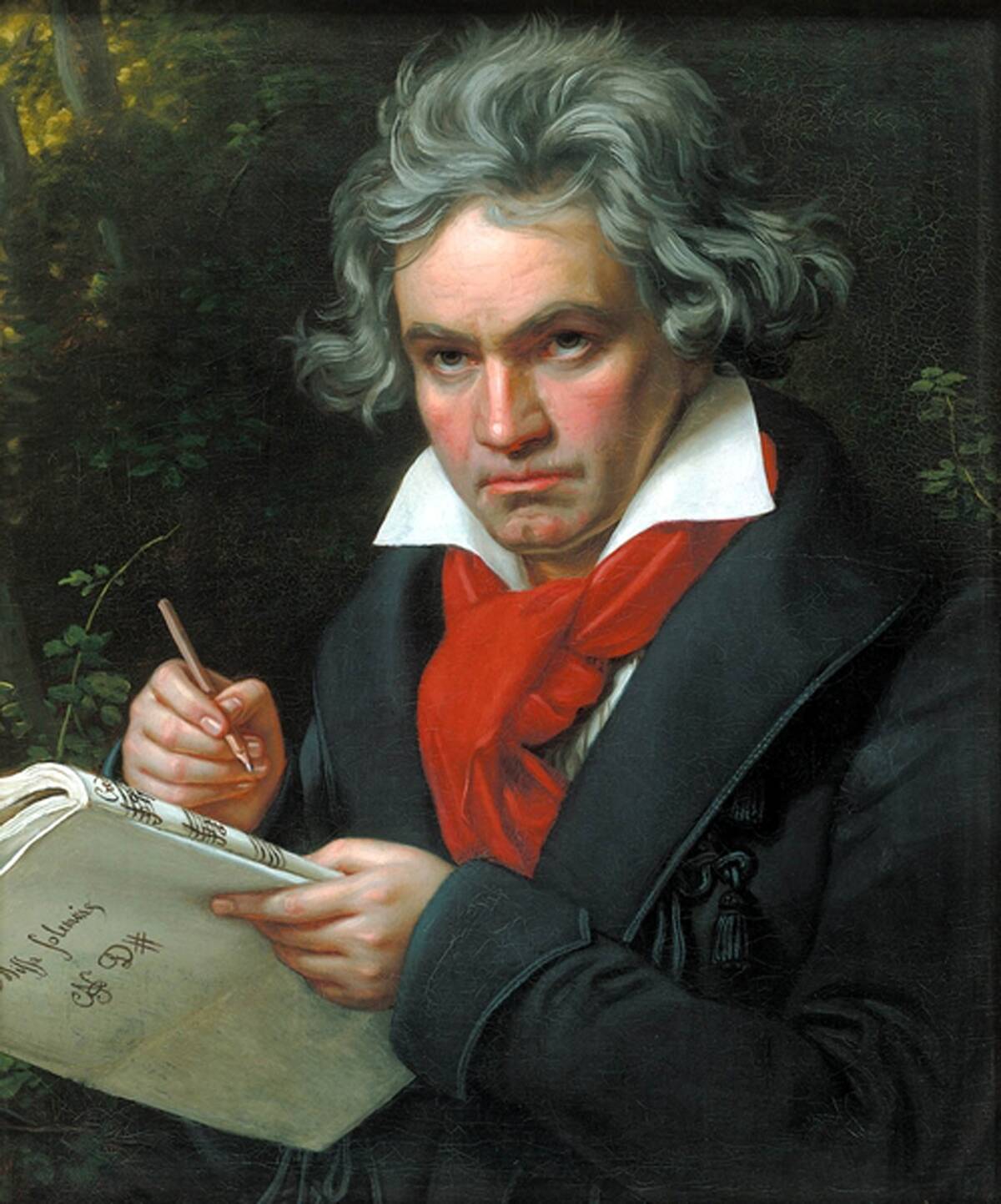
Ludwig van Beethoven was not just a musical genius; he was a true eccentric. Known for his fiery temperament, Beethoven would often stop performances if he felt the audience was not attentive enough. His struggle with hearing loss only added to his enigmatic persona, as he composed some of his greatest works while being almost completely deaf. Beethoven’s life was as dramatic as his symphonies, making him a true rock star of the classical world.
Franz Liszt: The First Piano Superstar
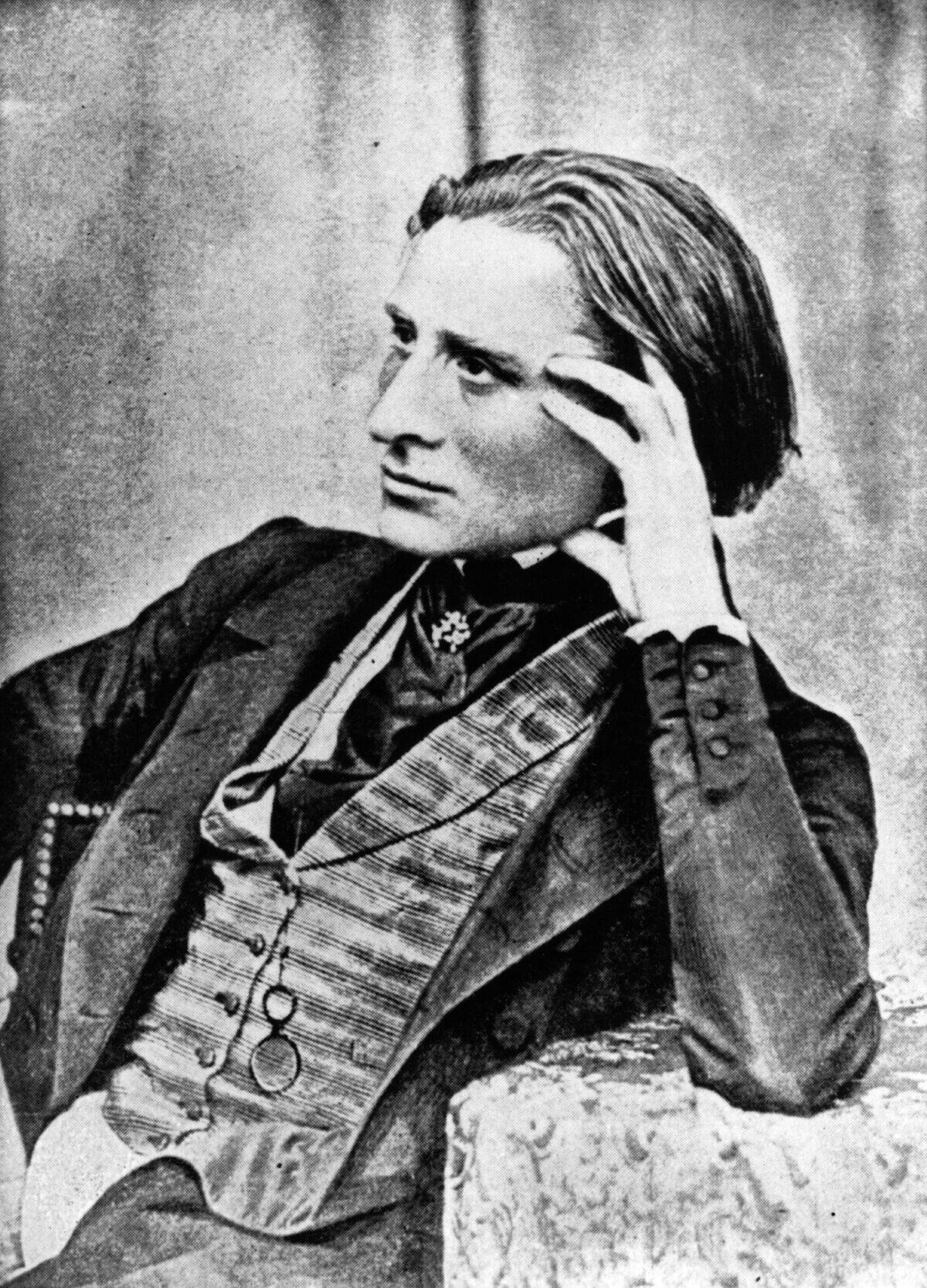
Franz Liszt was the 19th century’s answer to a piano rock star, captivating audiences with his virtuosity and charisma. His concerts, known as “Lisztomania,” were akin to modern-day pop concerts, with fans swooning and fainting at his performances. Liszt was not only a prodigious pianist but also a composer and conductor, leaving a legacy that inspired countless musicians. His ability to command the stage with such flair made him a legend in his own time.
Richard Wagner: The Controversial Innovator
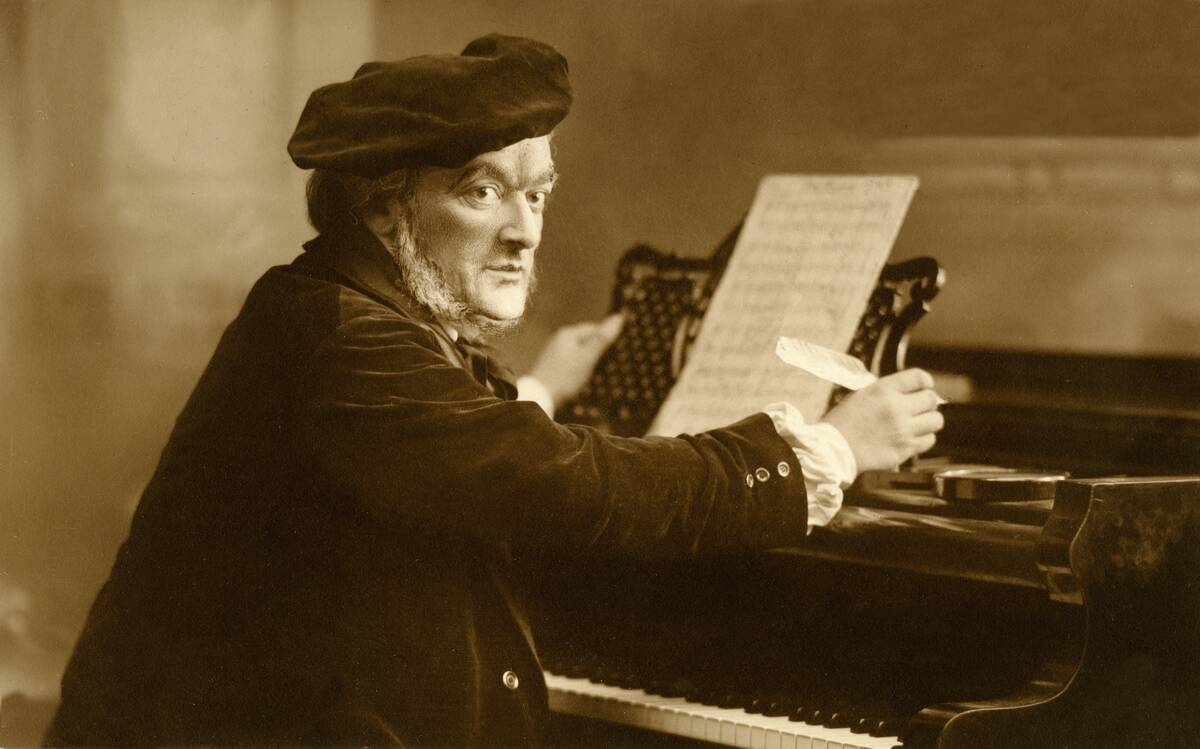
Richard Wagner was a composer whose name is synonymous with innovation and controversy. Known for his lengthy operas and complex music, Wagner pushed the boundaries of traditional opera. His works, such as ‘The Ring Cycle,’ were groundbreaking in their scope and ambition. However, Wagner’s personal life was just as tumultuous, with his outspoken views and tumultuous relationships often overshadowing his musical achievements. Despite this, his influence on the world of music is undeniable.
Niccolò Paganini: The Violin Virtuoso with a Wild Streak
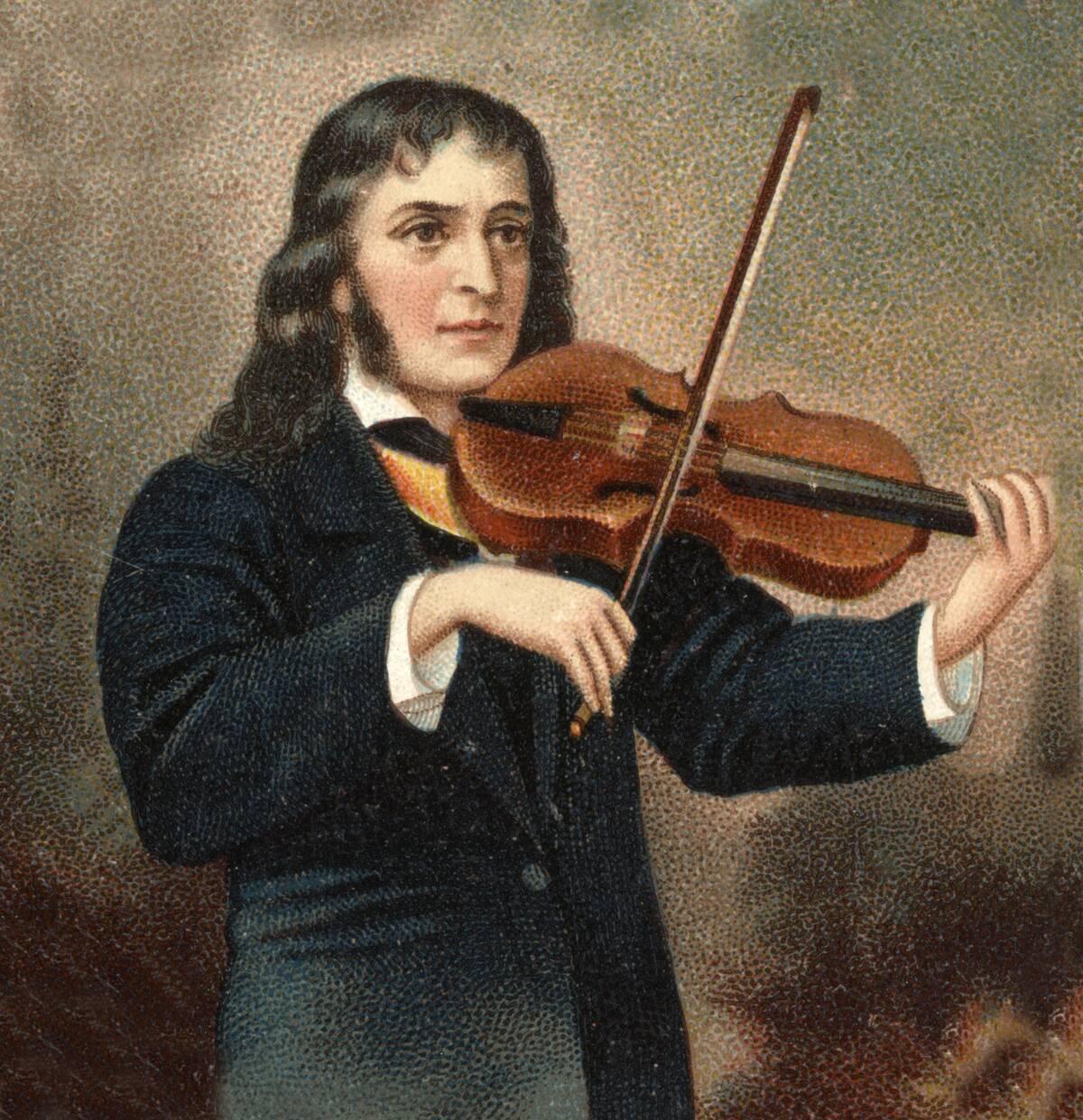
Niccolò Paganini was a violinist whose technical skills were so extraordinary that rumors swirled about him having supernatural abilities. His performances were electrifying, and his talent was often described as otherworldly. Paganini’s lifestyle was just as extravagant as his music, with tales of betting, womanizing, and a devil-may-care attitude. His legacy as a virtuoso remains unmatched, and his life story reads like that of a rock star who lived life to the fullest.
Franz Schubert: The Bohemian Party Animal
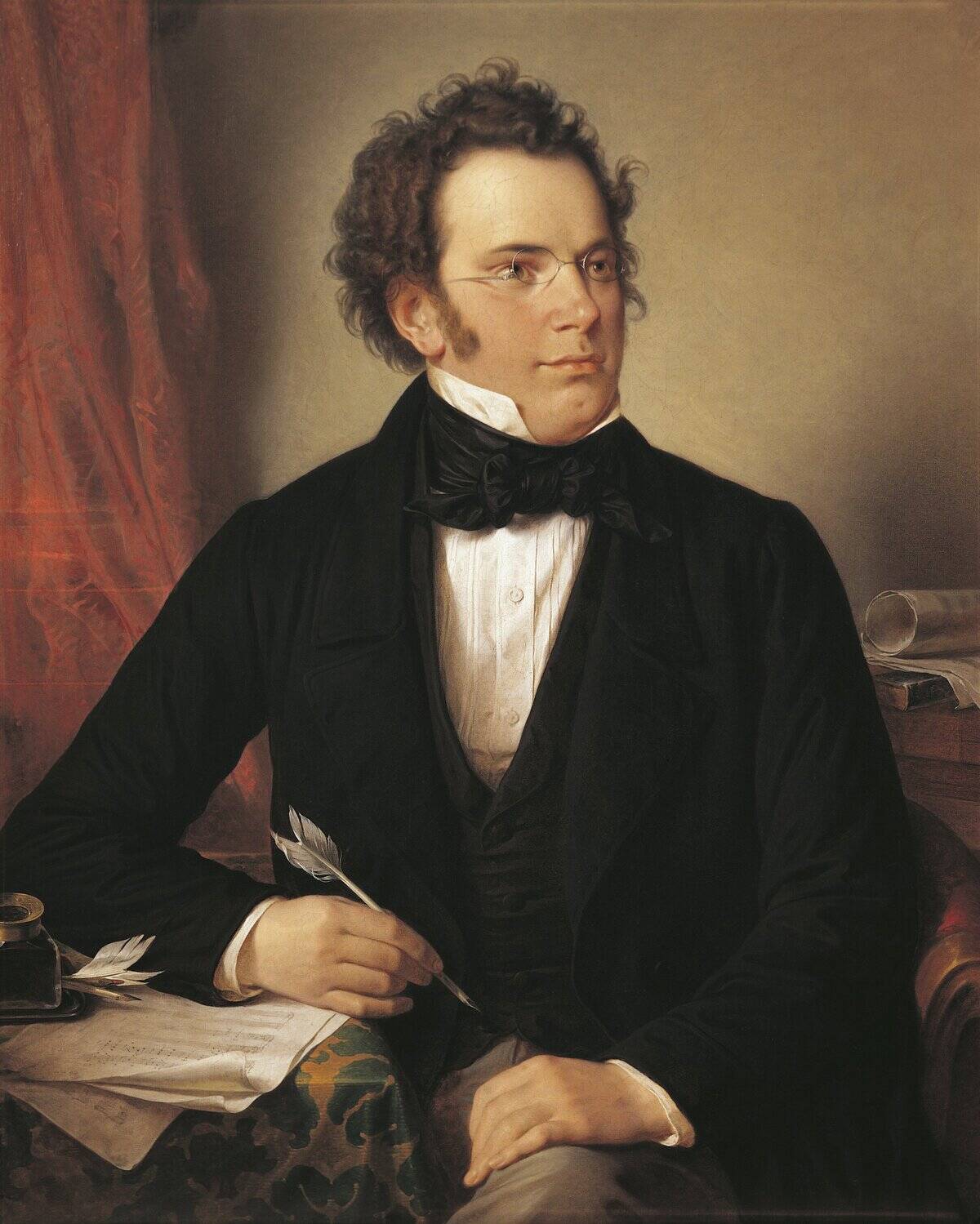
Franz Schubert was known for his prolific output and bohemian lifestyle. Living in Vienna, he was part of a circle of friends who enjoyed music and merriment, often at gatherings known as “Schubertiades.” Despite his relatively short life, Schubert composed over 600 songs, leaving an indelible mark on the world of classical music. His love for life and music made him a beloved figure in his time, embodying the spirit of a true creative soul.
Wolfgang Amadeus Mozart: The Prodigy with a Penchant for Excess
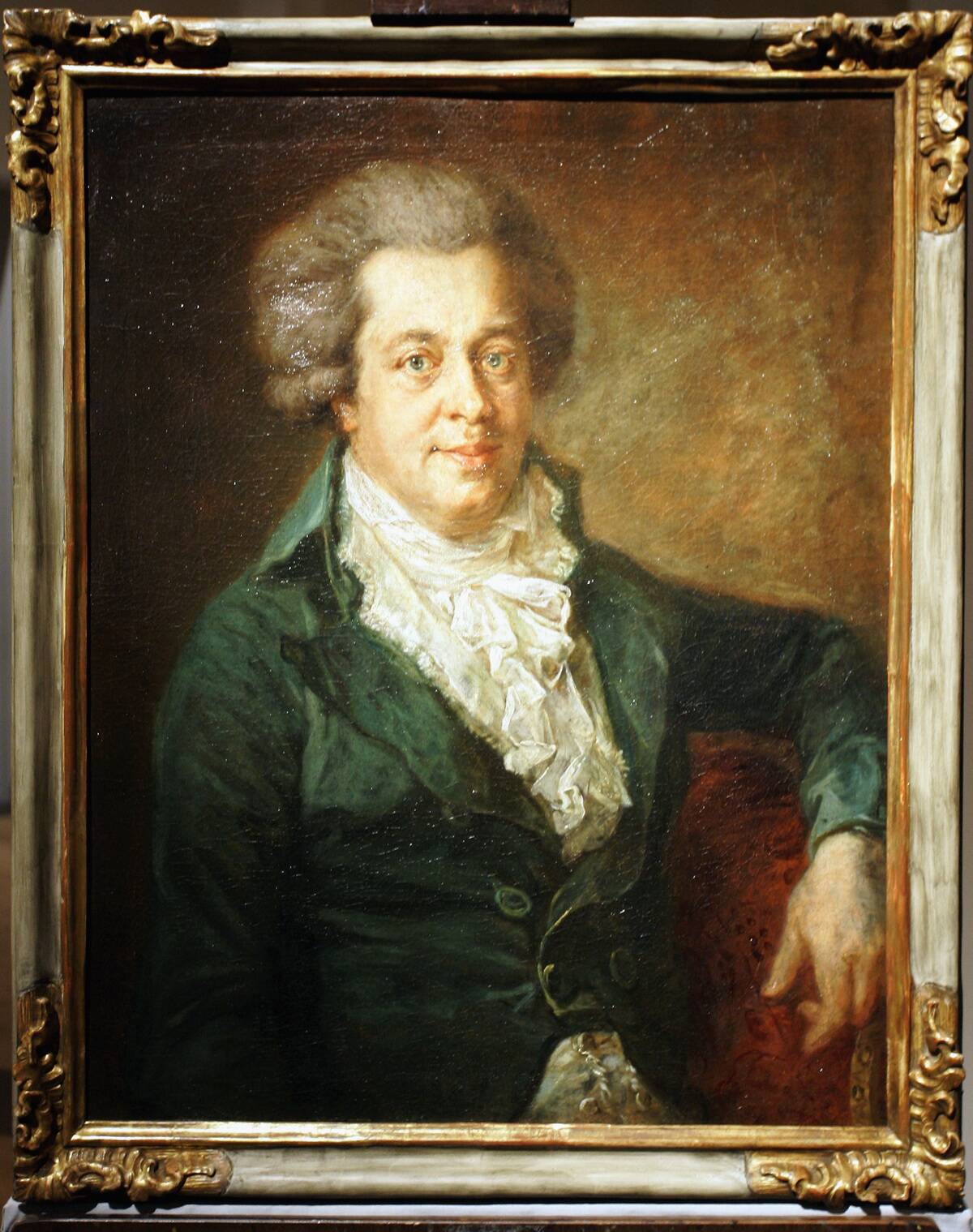
Wolfgang Amadeus Mozart was a child prodigy who dazzled audiences across Europe with his extraordinary talent. Known for his lavish lifestyle and love of the finer things, Mozart was as famous for his compositions as he was for his extravagant tastes. Despite facing financial difficulties, he produced an astonishing body of work, including symphonies, operas, and chamber music. Mozart’s life was a whirlwind of creativity and indulgence, securing his place as one of the most iconic composers in history.
Erik Satie: The Eccentric Minimalist
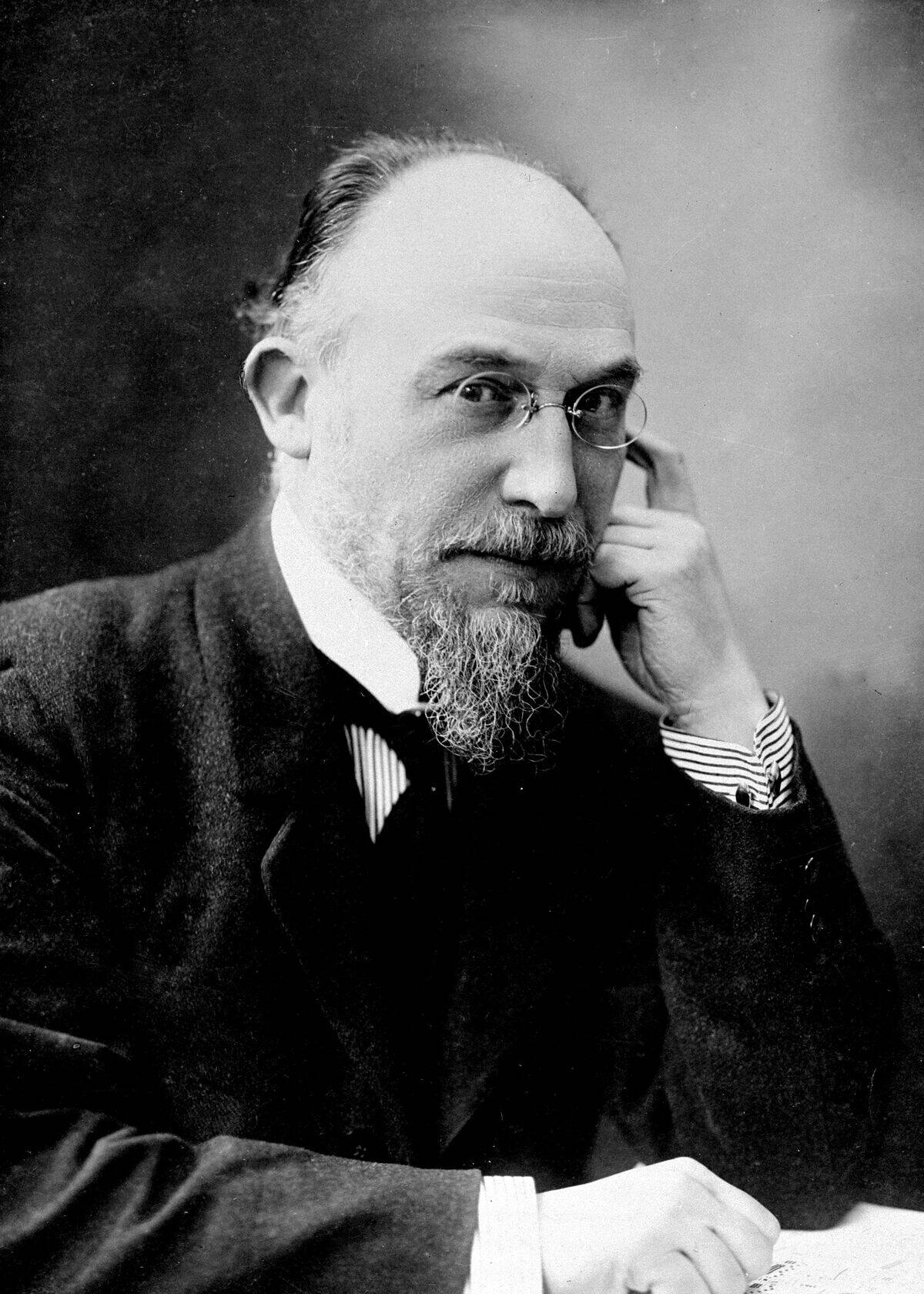
Erik Satie was a composer whose minimalistic and avant-garde style set him apart from his contemporaries. Known for his quirky personality, Satie embraced simplicity in his compositions, often infusing them with humor and irony. His eccentricities extended beyond music; he was known to eat only white foods and owned 12 identical velvet suits. Satie’s unique approach to music and life earned him a cult following, and his influence can still be seen in modern minimalist music.
Hector Berlioz: The Romantic with a Flamboyant Style
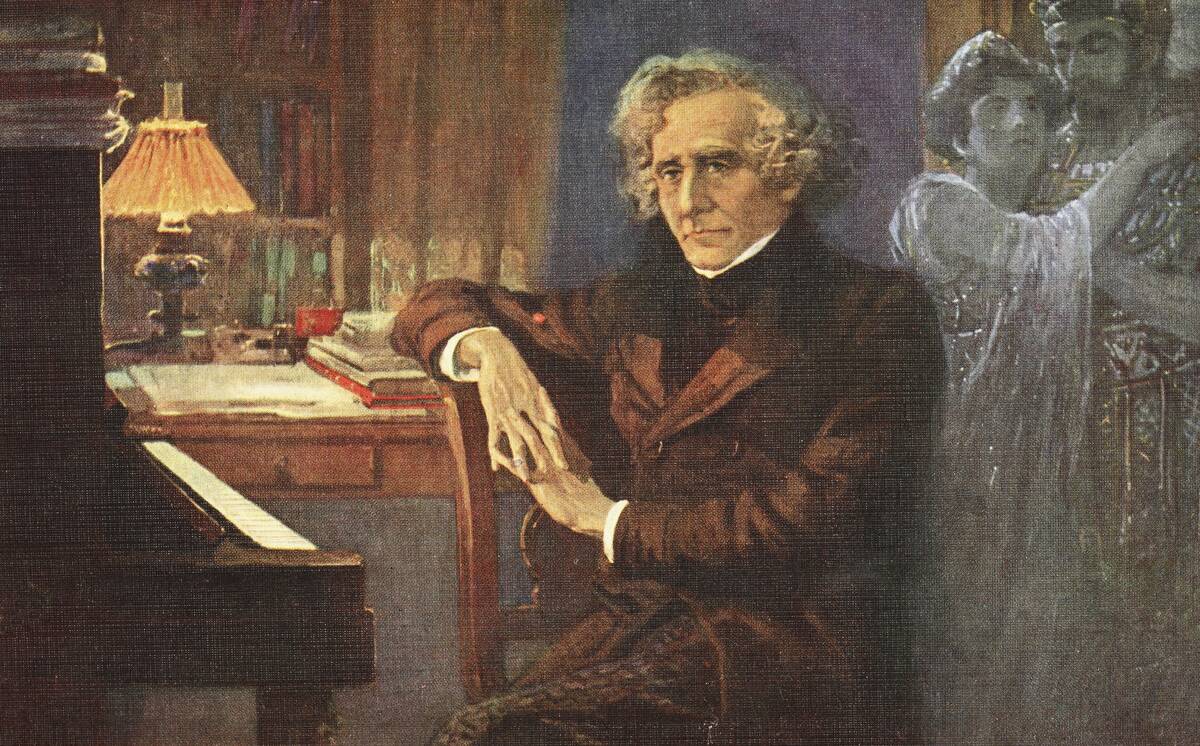
Hector Berlioz was a visionary composer whose works were known for their grandiose and dramatic flair. With compositions like ‘Symphonie Fantastique,’ Berlioz became a leading figure in the Romantic movement. His personal life was just as colorful, with passionate romances and dramatic episodes. Berlioz’s innovative orchestration and vivid storytelling through music captivated audiences, earning him a reputation as one of the most imaginative composers of his time.
Claude Debussy: The Avant-garde Sensation
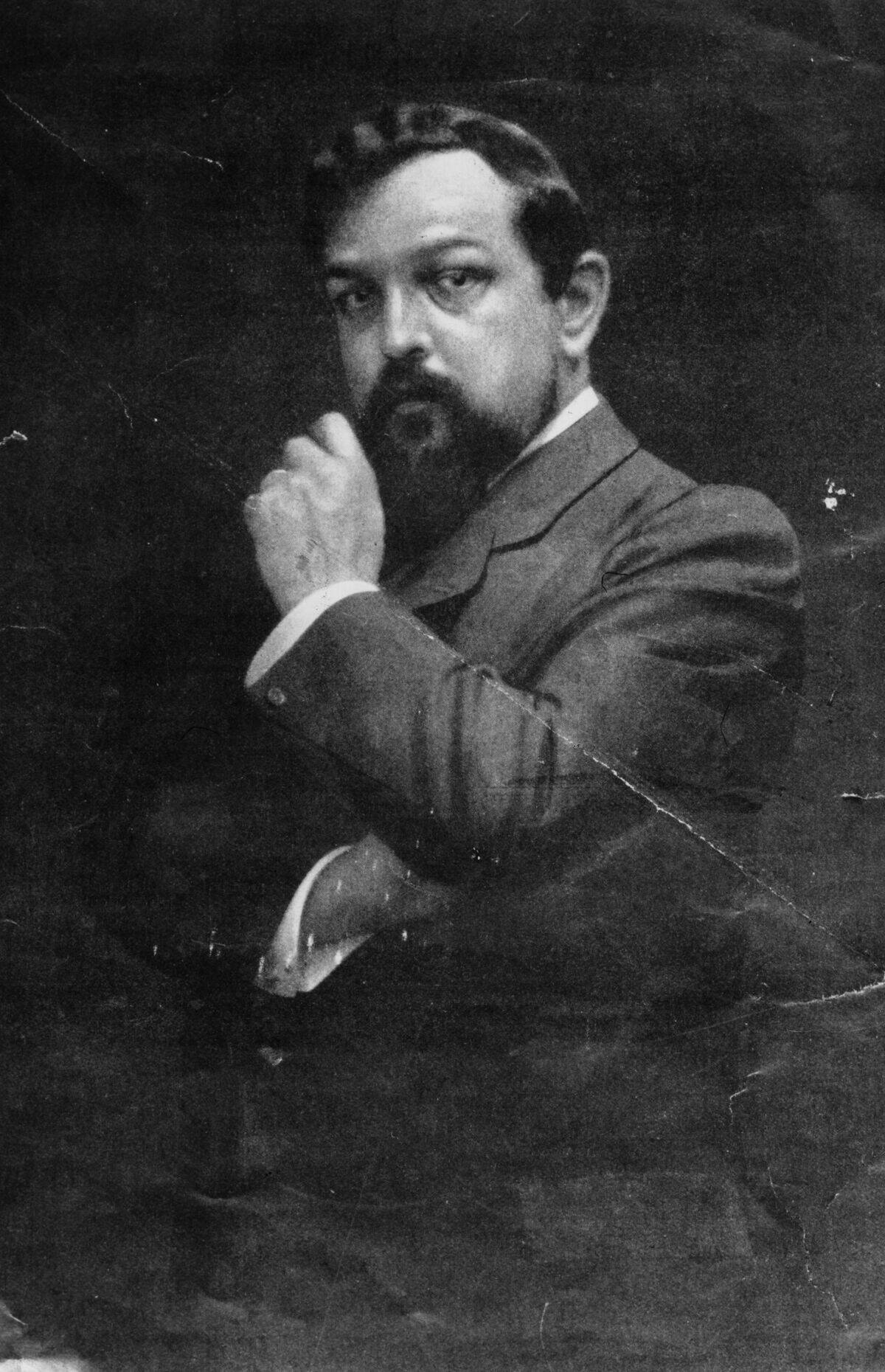
Claude Debussy was a composer who revolutionized the world of music with his impressionistic approach. Known for his innovative use of harmony and texture, Debussy’s works broke away from traditional forms and structures. Pieces like ‘Clair de Lune’ and ‘La Mer’ showcased his ability to evoke emotion and imagery through music. Debussy’s avant-garde style influenced countless musicians, making him a pivotal figure in the transition to modern music.
Johannes Brahms: The Free-Spirited Romantic
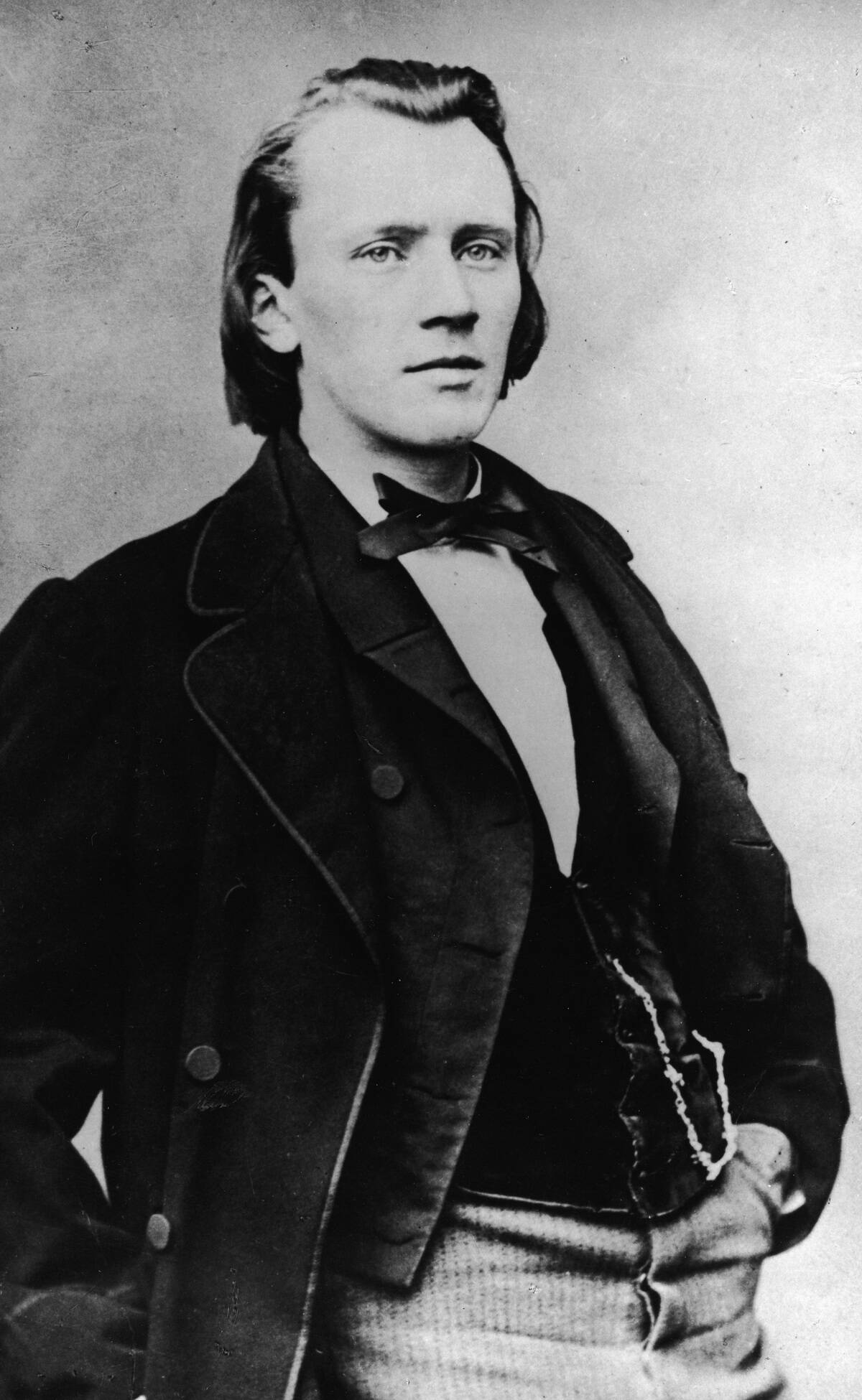
Johannes Brahms was a composer whose music was filled with emotional depth and complexity. Known for his free spirit and independent nature, Brahms often rejected the conventions of his time. His symphonies and chamber works are celebrated for their melodic beauty and structural mastery. Despite facing criticism from some contemporaries, Brahms remained true to his artistic vision, leaving a legacy that continues to inspire musicians around the world.
Giuseppe Verdi: The Rebel with a Cause
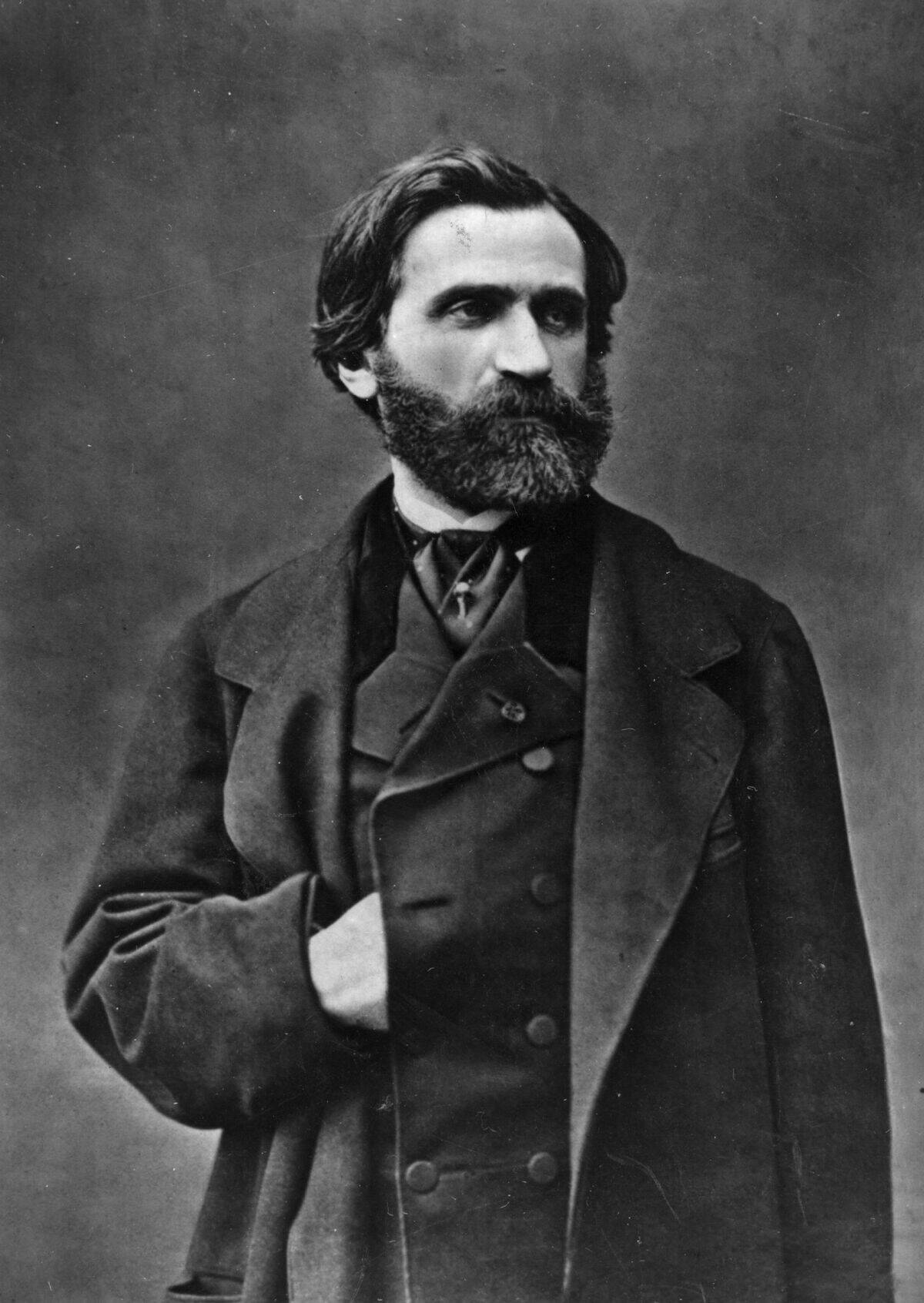
Giuseppe Verdi was not just a composer; he was a cultural icon whose works often served as a voice for Italian unification. Known for operas like ‘La Traviata’ and ‘Aida,’ Verdi’s music was both innovative and accessible, resonating with audiences of his time. His commitment to his craft and his country made him a beloved figure, and his operas are still celebrated for their emotional power and dramatic intensity.
Igor Stravinsky: The Revolutionary Rhythmist
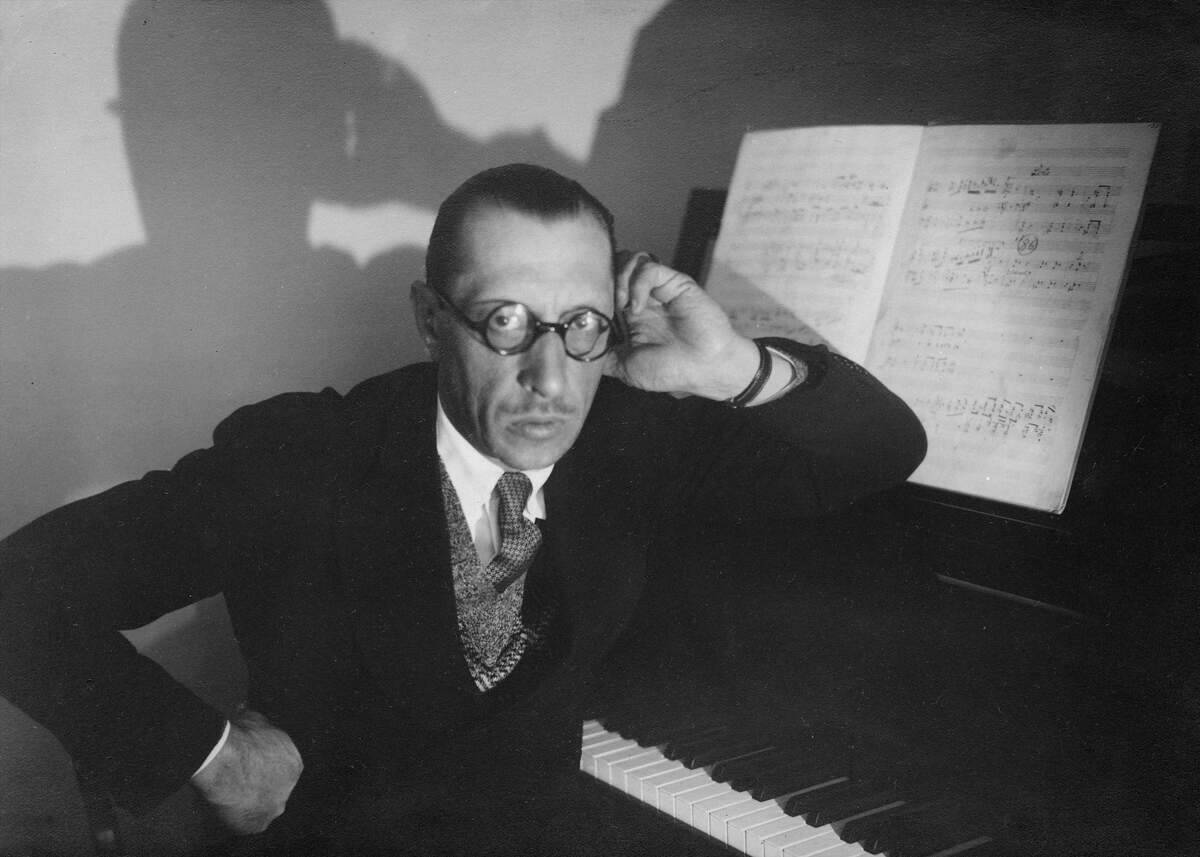
Igor Stravinsky was a composer whose work ‘The Rite of Spring’ caused a sensation with its complex rhythms and bold orchestration. The premiere in 1913 famously led to a riot, cementing Stravinsky’s reputation as a revolutionary. His ability to reinvent himself through various musical styles, from neoclassicism to serialism, showcased his versatility and innovation. Stravinsky’s impact on 20th-century music is immeasurable, making him a true pioneer in the world of classical music.



